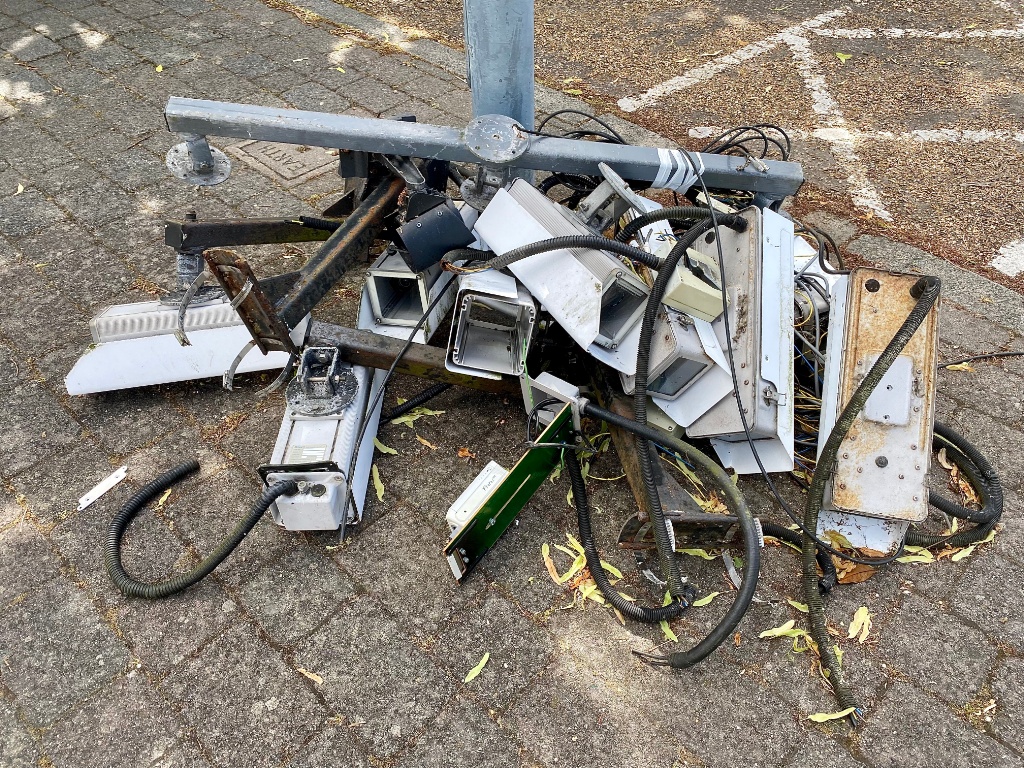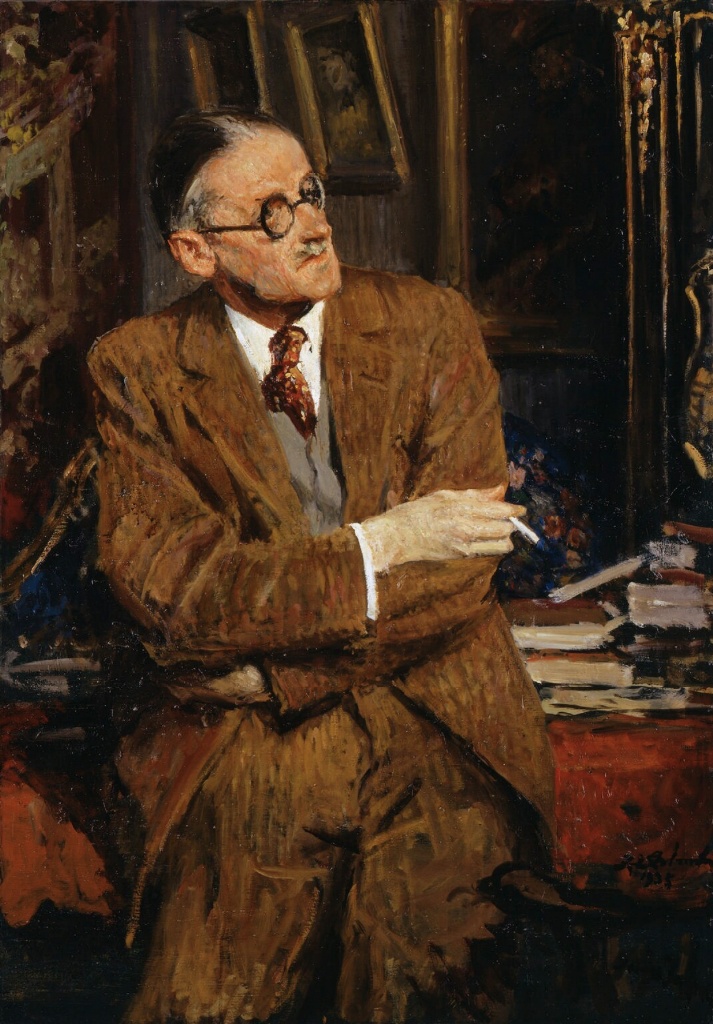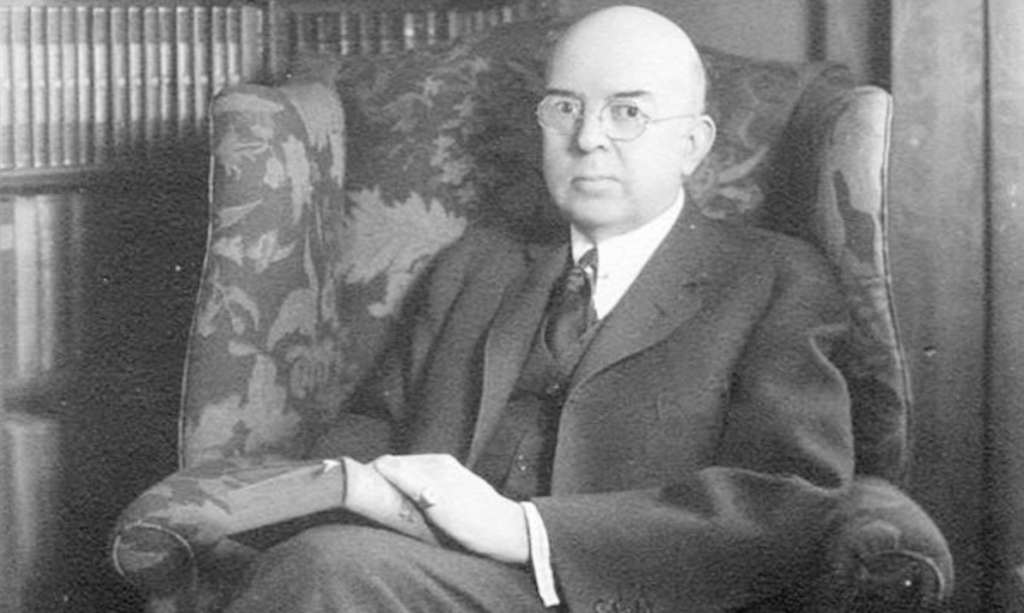The Royalist Mail

Derbyshire, Saturday.
Quote of the Day
”It is more important that a proposition be interesting than that it be true.”
A good example of how a distinguished philosopher can sometimes talk nonsense.
Musical alternative to the morning’s radio news
Sony Terry and Brownie McGee | Bring it on home to me
Link
Who knew a harmonica could do stuff like this?
Long Read of the Day
No Minds Without Other Minds
Longish, thoughtful essay by the philosopher Justin E.H. Smith triggered by the controversy over the question of whether Google’s LaMDA conversational system is ‘sentient’ — a controversy into which I seem to have inadvertently blundered with my Observer column on Sunday. It turned out that I was engaged in what Justin Smith calls “epistemic trespassing” — i.e. wandering into other people’s intellectual turf — a crime to which I plead guilty.
Anyway, I read his essay with interest and pleasure. This is how he begins:
I would like at least to begin here an argument that supports the following points. First, we have no strong evidence of any currently existing artificial system’s capacity for conscious experience, even if in principle it is not impossible that an artificial system could become conscious. Second, such a claim as to the uniqueness of conscious experience in evolved biological systems is fully compatible with naturalism, as it is based on the idea that consciousness is a higher-order capacity resulting from the gradual unification of several prior capacities —embodied sensation, notably— that for most of their existence did not involve consciousness. Any AI project that seeks to skip over these capacities and to rush straight to intellectual self-awareness on the part of the machine is, it seems, going to miss some crucial steps. However, finally, there is at least some evidence at present that AI is on the path to consciousness, even without having been endowed with anything like a body or a sensory apparatus that might give it the sort of phenomenal experience we human beings know and value. This path is, namely, the one that sees the bulk of the task of becoming conscious, whether one is an animal or a machine, as lying in the capacity to model other minds.
I hope you enjoy this as much as I did.
Postscript to the above
In the Observer I had written what I hoped was an ironical piece, which ended with a hypothetical question:
“What would Google’s response be if it realised that it actually had a sentient machine on its hands? And to whom would it report, assuming it could be bothered to defer to a mere human?”
My esteemed editors, however, had given the column the headline “Why is Google so alarmed by the prospect of a sentient machine?” and added the lede “The tech giant seems to be running scared over an engineer’s claim that its language model has feelings.”
Since many readers are probably unaware that newspaper columnists never get to compose the headlines under which their work appears, I was (naturally) taken to task by some who thought that those two sentences represented my own views on the matter, or that I agreed with Blake Lemoine, the Google engineer whose conversations with LaMDA sparked off the controversy.
But that’s all by the way. I don’t have a dog in this fight, as we say in Ireland. What Justin Smith points out is that we shouldn’t confuse ‘sentience’ with ‘consciousness’ and I agree.
A (rare) victory for public interest journalism in the UK
The Observer’s Editorial on the victory of my colleague Carole Cadwalladr in a landmark libel case.
See also Nick Cohen’s fine piece in the Spectator.
The courts should not become a luxury product, like prime property in Mayfair or Beluga caviar, sold in the global marketplace, and with prices to match, rather than an affordable means of delivering justice to the people of this country. You have to be very rich or very brave not to back away.
Carole Cadwalladr was brave. Banks sued her personally. She had said as an aside in a TED talk entitled ‘Facebook’s role in Brexit – and the threat to democracy’ that: ‘I am not even going to get into the lies that Arron Banks has told about his covert relationship with the Russian Government,’ and repeated much the same in a follow-up tweet.
Rather than sue the owners of the immensely successful TED franchise, Banks, who has always strongly denied the allegations against him and has indicated he will likely appeal against the judgement this week, went for her. Most of us would have backed down and offered a grovelling apology in the face of the stupendous financial penalty if we fought and lost such a case. Thanks to her inner-strength and the generosity of her social media followers, Cadwalladr decided to fight…
Great stuff.
This Blog is also available as a daily email. If you think that might suit you better, why not subscribe? One email a day, Monday through Friday, delivered to your inbox. It’s free, and you can always unsubscribe if you conclude your inbox is full enough already!












